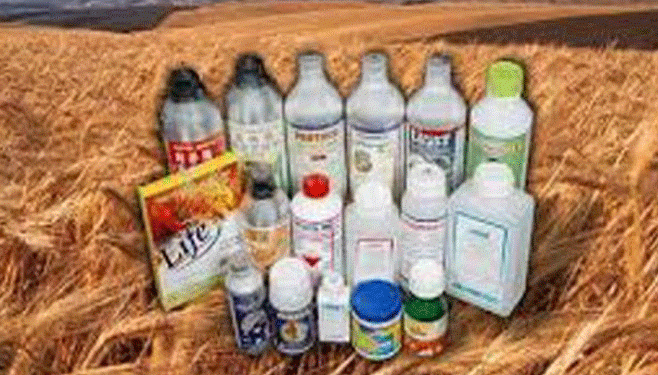Pakistan’s agricultural sector is experiencing marked changes in import patterns. Pakistan Bureau of Statistics (PBS) data shows a 5.38% decline in imports of agricultural chemicals in the first ten months of the current fiscal year compared to the same period last year. From July to April 2023-24, imports of chemicals related to agriculture and other uses were estimated at US$7.084 billion, up from US$7.487 billion in the corresponding period of the previous year.
This decline in chemical imports contrasts with significant increases in other agricultural inputs. It is noteworthy that imports of industrial fertilizers have increased significantly. During this period, more than 1.232 million tons of fertilizers worth $611.780 million were imported. This is an increase of 13.02% compared to the 796,090 metric tons valued at $541.312 million imported during the same period last year.
Conversely, imports of insecticides decreased slightly. About 30,313 metric tons of insecticides valued at US$161.654 million were imported, down 2.71% from the 33,529 metric tons worth US$166.149 million imported during the same period of the previous year.
The import of agricultural machinery and implements was especially impressive. Imports in this category grew by 99.97% with $69.275 million worth of machinery and equipment imported compared to $34.643 million in the same period last year. This nearly doubling of machinery imports indicates significant investment in modernizing agricultural practices and increasing productivity.
Changes in import patterns reflect broader trends and challenges in the agricultural sector. Rising fertilizer imports suggest a focus on increasing crop yields to meet rising food demand, while rising machinery imports indicate efforts to modernize farming methods and improve efficiency.
Despite the overall decline in imports of agricultural chemicals, increases in imports of fertilizers and machinery signal positive changes. Increased availability of fertilizers can lead to higher crop yields, and modern equipment can improve operational efficiency and reduce labor costs. However, a slight reduction in insecticide imports may require closer monitoring to ensure the effectiveness of pest control measures.
Data from the Pakistan Bureau of Statistics paints a mixed picture of the agricultural sector. While declines in chemical imports may indicate a shift toward more sustainable practices, significant increases in fertilizer and machinery imports underscore the sector’s focus on productivity and modernization. These trends suggest that while some costs are falling, overall investment in agriculture remains high to address rising food demand and improve agricultural efficiency.































